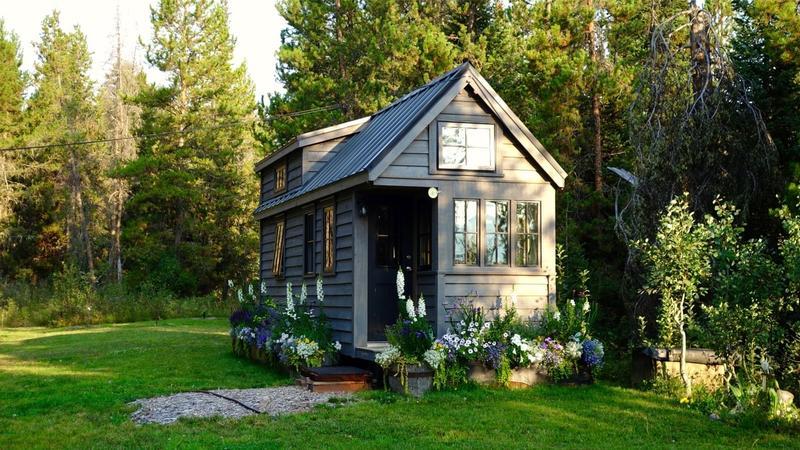Downsizing to a tiny house appeals to many Canadians for a variety of reasons. From an appreciation for creative design or minimalism leanings to living mortgage-free or reaping, other creative ways to save money like needing less furniture and window coverings.
However, while tiny house living comes with several practical benefits, there is a built-in challenge: finding home insurance coverage. Many small homes are unconventional, compared to traditional bungalows or multi-story dwellings and that can mean an additional hurdle when it comes to finding the right insurance coverage.
Tiny Homes Can Have Unique Zoning Regulations and Building Codes
Whether you are planning on designing and building your tiny home or purchasing an existing dwelling, reviewing local zoning regulations and building codes can be a benefit when it comes to getting insurance for your tiny house. If you are starting from scratch, sharing any engineer-certified building plans with local building authorities can help you in your future insurance pursuits.
Your location will also affect insurance rates and eligibility: urban areas are often better covered by fire hydrants, for example, which can lead to lower monthly premiums compared to their more rural counterparts. Additionally, because building codes for your neighbourhood will affect the type of structure you can build, they could affect your coverage options as well.
RV Insurance for Tiny Houses on Wheels
Select insurers offer insurance for mobile (i.e., on wheels, whether towed or driven) tiny homes. Initially designed for mobile home coverage, these policies can potentially cover people who live full-time in a tiny mobile home.
RV Insurance policies typically cover your vehicle both parked and on the road for collision, as well as liability coverage for your home and its contents.
When it comes to getting insurance RV Insurance coverage for your tiny house on wheels coverage, you’ll benefit from paying extra attention to the ‘fine print.’ Too often, these policies can fail to protect your property if it gets damaged fully. For example, if your tiny house was built without meeting RV appliance installation standards (just one of several stringent, RV-specific requirements), your claim could potentially be dismissed.
Many insurance companies offer coverage comparable to a homeowners policy for 'full-timers' who plan to live in their mobile tiny home or RV permanently. This can be a great help if you suddenly need to make alternative living accommodations while your tiny house on wheels is being repaired, or in a worst-case scenario, replaced.
Personal Property Insurance
Making your tiny house a more permanent structure can make securing insurance easier. If your tiny home has a permanent (or semi-permanent) foundation, you may be able to get coverage for your tiny home under your personal property policy.
Under a personal property policy, however, there may be limitations such as not living in your tiny home full-time. Coverage for your tiny home under a personal policy typically excludes transporting from one location to another, making life on the road more financially risky.
If you've ever considered living in a tiny house or have started work on your mini dream house (mobile or fixed) you’ll need to compare policies to ensure you’re getting the coverage you need for your alternative living structures.
Want An Extra Money Saving Tip?
Because insurance eligibility might mean making a few design concessions, finding an insurance provider before you build or start the home buying process, can save you headaches - and money.
